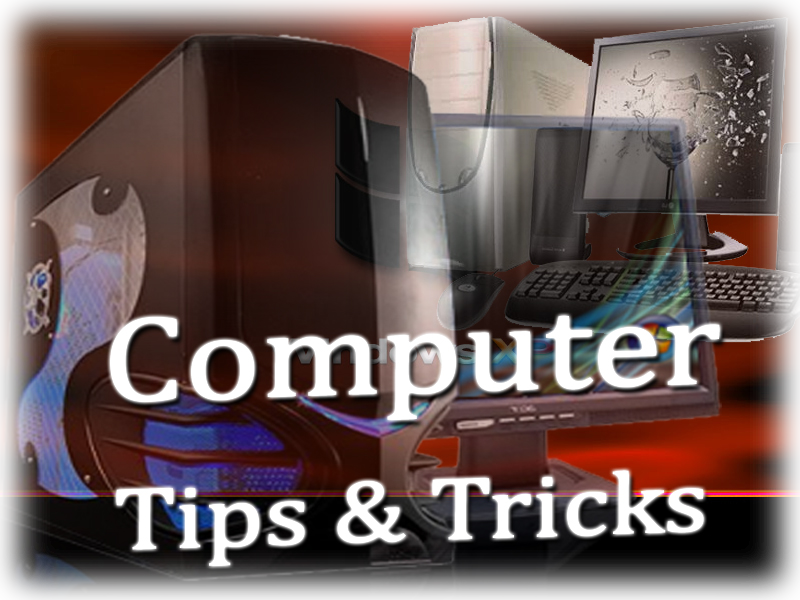Do you turn up your heat in your house on your way home from work? Do you check on your home from your phone when you’re on vacation? Have you ever locked your car doors remotely from miles away when you forgot to lock them when you got out of the car? If so, you’re using some of the many useful functions made possible by the Internet of Things, usually referred to simply as IoT.
What is IoT?
IoT refers to the inter-connectivity of electronics and “things” that have electronic sensors embedded in them. These electronic sensors allow otherwise unconnected objects to share data in real-time without the intervention of a human. While any object can theoretically be an IoT device, the term is usually reserved for those objects that wouldn’t generally be thought of as having an internet connection, such as light bulbs, thermostats, fitness bands, and car locks. There are more than seven billion IoT devices today, and that number is expected to grow to 22 billion by 2025.
The phrase Internet of Things was coined in 1999 when researchers envisioned a time when electronic devices could communicate without help from humans. The technology took more innovation to make the idea practical and affordable for most applications.
What industries can benefit from IoT?
IoT technology isn’t just useful for keeping track of your car keys, monitoring your daily steps, or being efficient with your HVAC systems. IoT technology is transforming the way many industries do business. There are a myriad of business applications for IoT technology. Businesses are using IoT solutions to automate quality control functions by having sensors throughout the manufacturing line monitor adherence to pre-set standards. IoT solutions are keeping track of inventory and high-value assets, assisting in preventing theft and loss. IoT devices can be used to monitor the health and safety of employees, which is especially useful for those who work in hazardous environments. Such devices can also be used to improve efficiency in logistics, such as tracking delivery vehicles and being able to redeploy the nearest vehicle as necessary. However, these examples are just a sampling of the thousands of uses for IoT technology in business and industry.
Virtually all industries can benefit from IoT innovations. Some of the industries that find IoT most useful include:
- Manufacturing. Just a few of the uses of IoT for manufacturing firms include using IoT devices to monitor equipment and send alerts when there is an impending system failure, thus avoiding costly downtime, measuring production output, and monitoring gauges and other measurements to ensure accuracy.
- Automotive. In addition to the many uses of IoT in manufacturing, the auto industry can monitor vehicle performance on the road and alert owners of service recommendations and recalls.
- Retail. IoT technology helps retail businesses monitor their inventory, prevent loss and theft, find misplaced inventory items, and trigger alerts when a particular item needs to be re-ordered.
- Healthcare. Healthcare companies use IoT to track things like wheelchairs. Healthcare professionals can also monitor patient health readings, such as heart rate and blood pressure, via IoT devices even when they have left the hospital.
About IoT Innovator ClearObject
ClearObject is on a mission to bring IoT to businesses and industry. Founded in 2010, the suburban Indianapolis company specializes in creating customized IoT solutions for businesses of all sizes. They understand that every company and every product is unique, so they work together with customers using design thinking strategies to formulate and create innovative solutions using IoT technology that integrates with a variety of third-party platforms. ClearObject also helps companies manage and implement their IoT technology.
To learn more, follow ClearObject on Facebook and Twitter.
Dil Bole Oberoi





